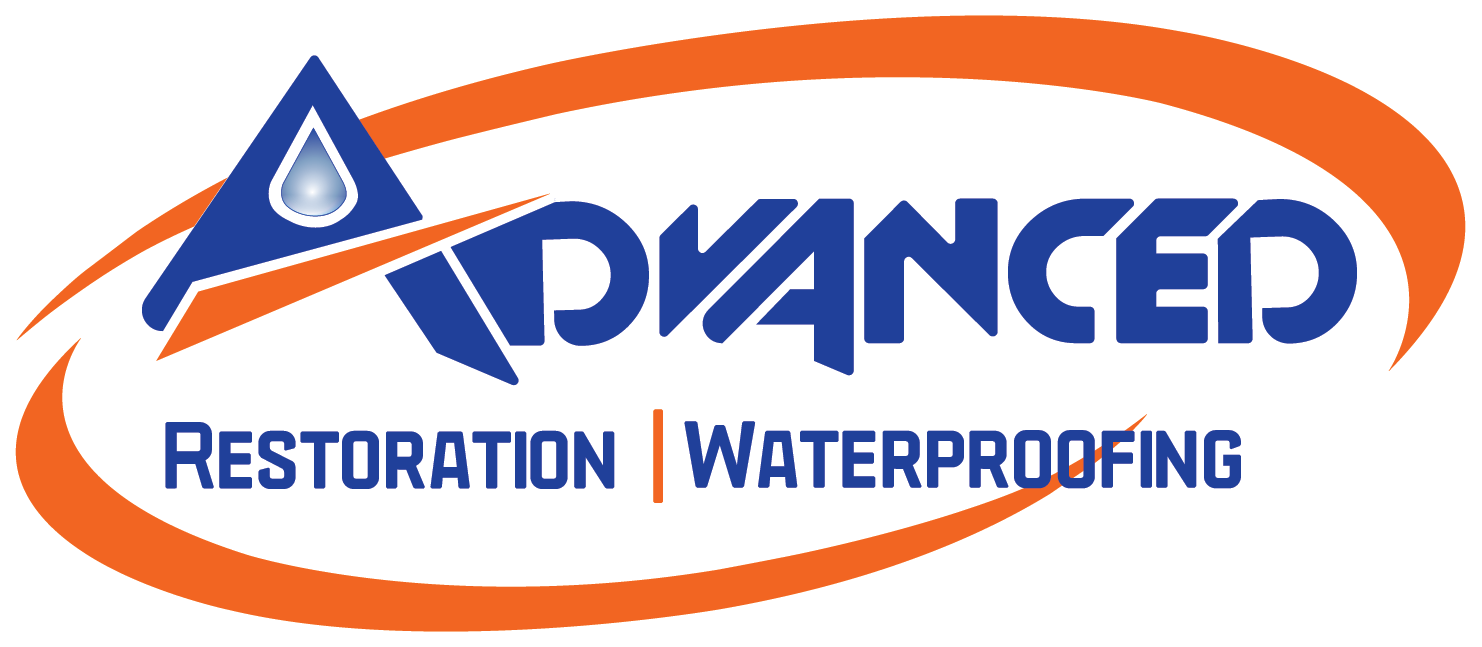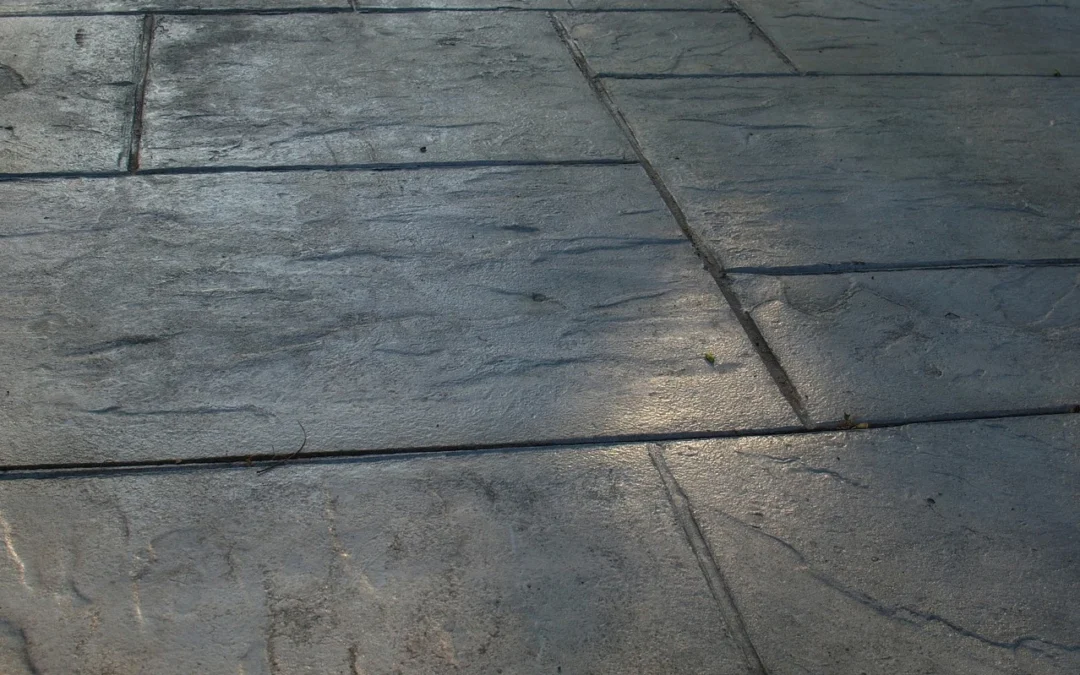A basement is an indoor area below ground level that typically has one or more walls at the foundation line. Groundwater seepage can lead to problems. This often manifests in wet basements. Basement waterproofing resolves these problems by applying a seal to the basement wall and floor, preventing excessive water entering.
The following describes various types of basement waterproofing.
Slow-Release Waterproofing Membrane
This watertight membrane is a popular choice when doing basement waterproofing. This is because it creates a barrier between the concrete walls and any water from outside. This helps prevent any moisture from building up on the inside of the home or apartment. Moisture leads to mold, mildew, and other moisture-related problems. This product is very useful if you look for something to block groundwater seeping into your basement. However, it will also work well against surface water.
Expanding Foam
When using expanding foam on your basement walls, you first apply a coat of concrete over the walls. This cover helps the foam coat stick to your basement walls better. It also ensures no gaps in the surface for water to seep through. After the concrete base is created, you can apply a second layer of foam on top of it. The idea here is that any water that tries to get into your basement will have to go through two layers of foam to get into the basement. If you are looking for a product that works well against surface and groundwater, this is a great choice.
Epoxy Coating
An epoxy coating is another great choice when looking for something that works well against surface water. However, it does not do much to keep groundwater out of your basement. This coating provides a very durable seal against any surface water or rainwater. It is extremely useful to cover a large area. It is also important to note that you can expect this coating to wear off after five years.
Stone Flooring
Stone flooring is another good choice for your basement if you are only concerned about blocking surface water. The idea is that stone will allow rainwater or snowmelt to run through it and away from your basement wall. This is a good method of avoiding any water issues in your basement.
Waterproofing Paint
Basements are not always waterproof. Sometimes it becomes necessary to help them stay dry. Waterproofing paint is the cheapest and easiest choice to make when looking for a product that only blocks surface water and does little else. While it might be the cheapest option, it is also the least effective. This type of paint will only work temporarily against any surface water.
When you are looking to waterproof your basement, whether for your house or apartment, there are several different types of products that you can use. There is no one-size-fits-all type of waterproofing solution. However, many options will work well in certain circumstances. Each of these waterproofing methods has its advantages. It is up to you to decide which one would work best for your particular situation.

